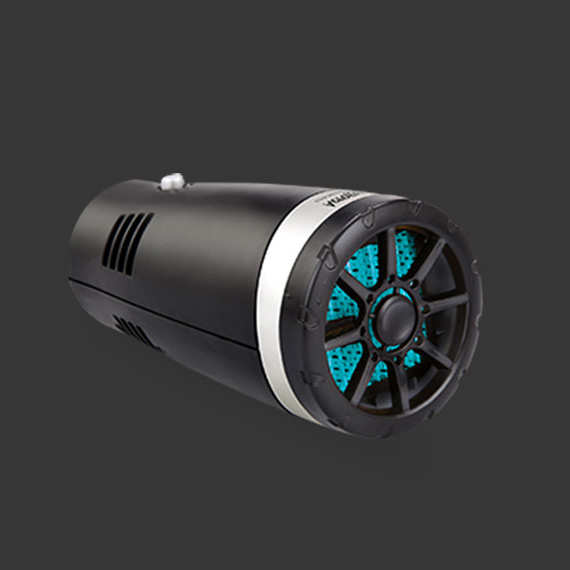clutch master cylinder line
The Importance of the Clutch Master Cylinder Line in Automotive Systems
In the complex world of automotive engineering, every component plays a crucial role in ensuring the smooth operation of a vehicle. One such crucial element is the clutch master cylinder line, an often-overlooked part that directly impacts the performance of a manual transmission. Understanding its function and maintenance is essential for any car enthusiast or owner of a vehicle equipped with a manual gearbox.
The clutch master cylinder is a key component in a hydraulic clutch system. Its primary function is to convert the mechanical force applied to the clutch pedal into hydraulic pressure, which disengages the clutch when the driver seeks to change gears. The clutch master cylinder line serves as the conduit through which hydraulic fluid travels from the master cylinder to the slave cylinder, which then activates the clutch mechanism. This system allows for smoother gear transitions and provides the driver with better control over the vehicle.
One of the significant advantages of hydraulic clutch systems, compared to their mechanical counterparts, is the reduction in physical effort required to disengage the clutch. The hydraulic system amplifies the force applied by the driver’s foot on the pedal, making it easier to operate, especially in stop-and-go traffic. The efficiency of this system largely depends on the integrity and performance of the clutch master cylinder line.
clutch master cylinder line

However, like any component of a vehicle, the clutch master cylinder line is susceptible to wear and tear. Over time, the line can develop leaks or cracks, leading to a drop in hydraulic pressure and, consequently, a malfunctioning clutch system. Symptoms of problems with the clutch master cylinder line can include difficulty in shifting gears, a spongy or unresponsive clutch pedal, and fluid leaks beneath the vehicle. Regular inspection and maintenance of this line are crucial to ensure the overall functionality of the clutch system.
To maintain the integrity of the clutch master cylinder line, it is advisable to perform routine checks. Look for any visible signs of wear, such as fraying or discoloration of the hose, and check the fluid level in the master cylinder reservoir. If you notice any discrepancies, it may be time to consult with a mechanic. Early detection of issues can save both time and money by preventing more extensive damage to the clutch system.
In summary, the clutch master cylinder line is a vital component of the hydraulic clutch system that plays an important role in the operation of manual transmission vehicles. Its proper function ensures smooth gear shifts and enhanced driving experience. By understanding its importance and regularly maintaining it, vehicle owners can ensure that their manual transmission operates efficiently, contributing to the longevity and reliability of their cars. Ultimately, taking care of this small yet significant part can lead to a more enjoyable and trouble-free driving experience.
-
Workings of Clutch Pipe and Hose SystemsNewsJun.04,2025
-
The Inner Workings of Hand Brake Cable SystemsNewsJun.04,2025
-
The Secrets of Throttle and Accelerator CablesNewsJun.04,2025
-
The Hidden Lifeline of Your Transmission Gear Shift CablesNewsJun.04,2025
-
Demystifying Gear Cables and Shift LinkagesNewsJun.04,2025
-
Decoding Clutch Line Systems A Comprehensive GuideNewsJun.04,2025
